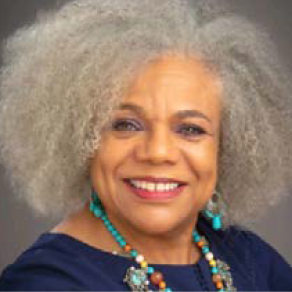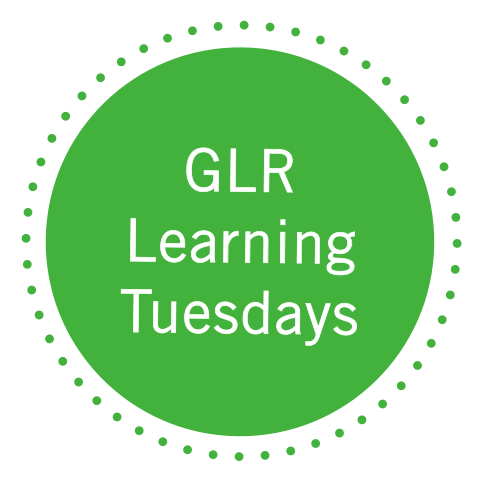
- This event has passed.
Beyond Kindergarten: Transition, Continuity and Alignment

The July 9, 2024 GLR Learning Tuesdays webinar, part of our Kindergarten Matters webinar series, highlighted the importance of the kindergarten to first grade transition. In a conversation moderated by Christina Lopez from the Maryland Early Childhood Leadership Program (MECLP), attendees heard from a panel of experts who shared ideas on how we can lift up the importance of this transition – in addition to the equally important transition into kindergarten.
To begin the conversation, commentator Paula Grubbs from the Frank Porter Graham Child Development Institute at UNC Chapel Hill emphasized the critical importance of transition periods in early childhood education, particularly from kindergarten to first grade. Grubbs explained that while research supports the expanding focus on effective strategies for transitioning into kindergarten, there is less focus on the kindergarten to first grade transition, despite its growing significance. Grubbs shared that as it relates to transitions, “the two most important ideas that came up have been the importance of developing a culture of transition and the focus on creating family partnerships.”
To begin the presentations, Cynthia D. Jackson from Educare Learning Network outlined the collaborations between Educare and elementary schools to facilitate smooth transitions. Leveraging co-location, Jackson explained, Educare works to align practices and support for children with activities — such as meeting future teachers, touring the school, and engaging in shared professional development between early learning and kindergarten staff — to help students prepare for the next educational phase. Unfortunately, Jackson explained, Educare is not immune to challenges that complicate the process of ensuring a smooth kindergarten to first grade transition.
“We do collect a lot of information and data about our children and the families who work with us — through assessments of the children and surveys with the parents — but oftentimes there’s nowhere to send that data because these relationships aren’t as strong as they should be,” Jackson closed.
Attendees then heard from David Jacobson, Ph.D., with First 10 and the Education Development Center (EDC), which works to address the fragmented nature of early childhood systems by convening school-community partnerships across the birth through age 10 continuum.. These partnerships, Jacobson explained, focus on three broad strategies: improving teaching and learning transitions, coordinating comprehensive services and deepening partnerships with families. Central to Jacobson’s ideas surrounding successful kindergarten to first grade transitions was the idea of vertical collaboration sessions among educators from preschool through second grade. In these sessions, Jacobson explains, teachers are able to meet across grade levels to discuss planning, teaching strategies and standards to better support one another.
“I always say a little bit of magic happens when we do these vertical collaboration sessions. Partnerships really have the opportunity to mesh, and folks feel the value of their collaboration in deep and meaningful ways,” Jacobson closed.
Ryan Lee-James, Ph.D., CCC-SLP, from the Rollins Center for Language & Literacy as well as the Atlanta Speech School School continued the conversation by emphasizing the critical role of assessment in bridging the gap between kindergarten and first grade. Lee-James explained that assessments can be used as a powerful tool in monitoring of students’ progress, but she cautioned that many schools tend to collect data without analyzing it effectively. Regarding the need to analyze and dig deeper into the data, Lee-James shared, “An equitable practice that we uphold is doing a deeper dive with all students. Even the students who are showing up as proficient, they, too, deserve an opportunity to be advanced to their potential.”
Bonnie Short with the Alabama State Department of Education closed the presentations by discussing Alabama’s approach to the transition to first grade within the context of the state’s Alabama Reading Initiative. Short highlighted the alignment of assessments, specifically the kindergarten entry assessment and early years assessments, to ensure a smooth progression for students between grade levels. Also pivotal, Short explained, is the importance of intentional communication with families and collaboration with community agencies to enhance the transition process and ensure continuity in educational support from kindergarten through first grade. Short closed with a piece of good news about Alabama’s efforts:
“We are seeing achievement gaps close for children, and I know it’s because we’re being very intentional about the standards and because we’re being intentional about making sure that this is a side-by-side partnership.”
Panel







